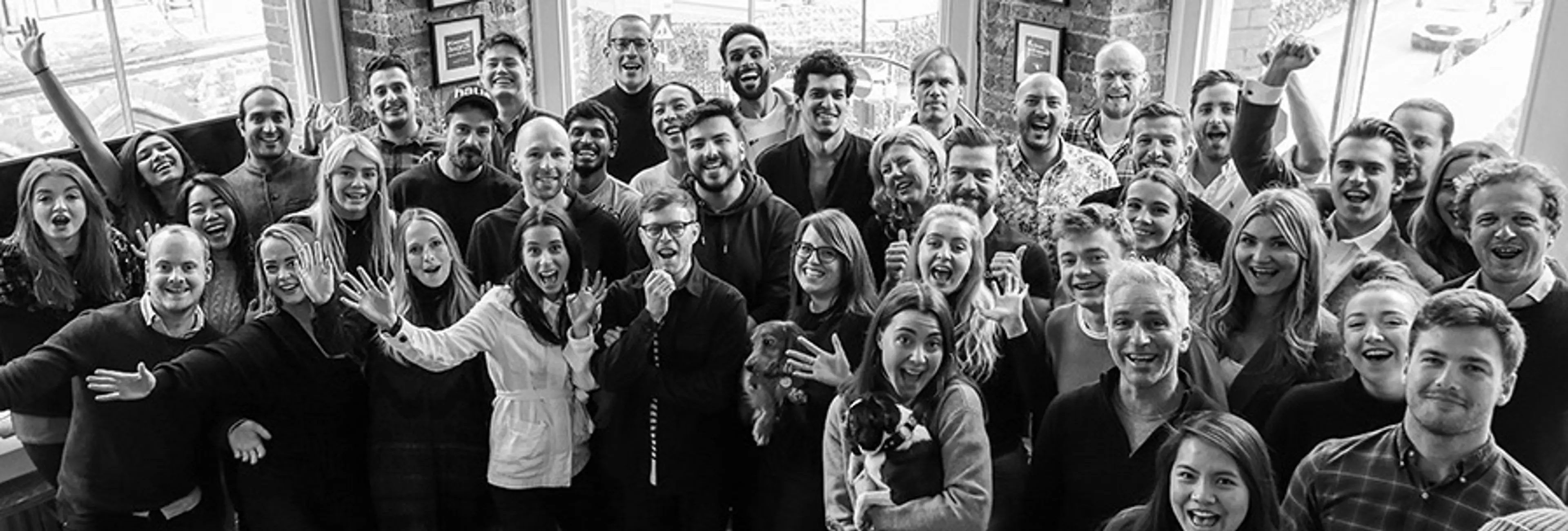
Hospitality & Travel
1 Feb 2017
3 Min Read
What Luxury Hospitality Brands Should Do About OTAs
By 2020 it’s estimated that 94 percent of online hotel bookings will be controlled by Priceline Group (owner of bookings.com) and Expedia.
Hospitality & Travel



